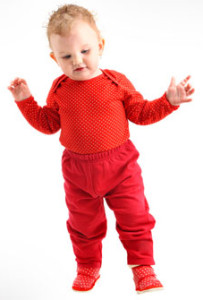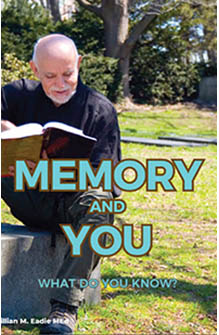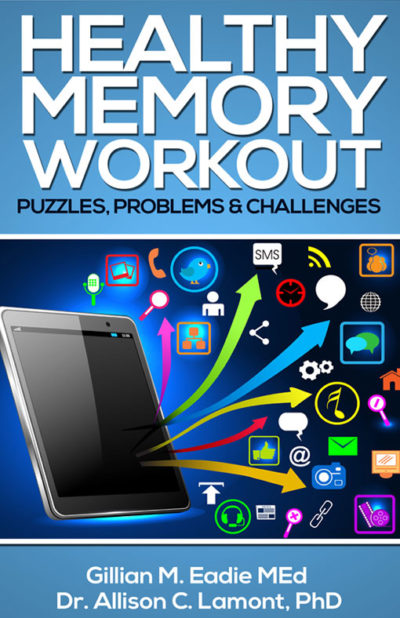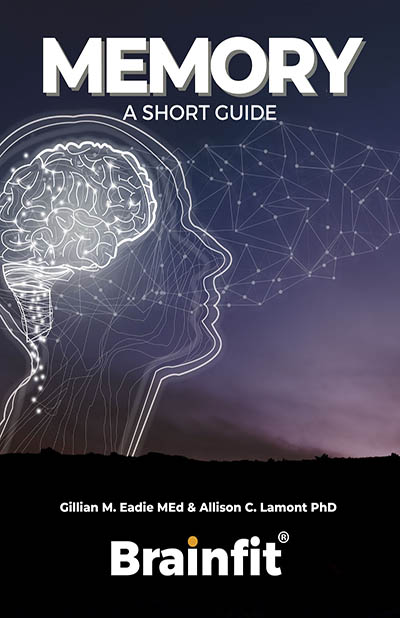Last year, the UK’s Medical Research Council found that 53-year-olds who could stand on one leg for ten seconds with their eyes closed were the most likely to be fit and well in 13 years’ time.
The ability to balance on one leg is an important test for brain health,’ says Dr Yasuharu Tabara, associate professor of genomic medicine at Kyoto University, Japan
To balance well, your brain receives signals from three different sources:
- what your eyes can see going on around you
- from your joints and muscles through special sensors known as proprioceptors
- from the inner ear, where there are tiny tubes, known as the semi-circular canals, which contain fluid that moves when our head does. Cells lining the tubes detect the fluid’s motion and communicate to the brain via the vestibulocochlear nerve – the pathway for both hearing and balance.
If any of these three information channels is impaired then balance can be affected. E.g An inner-ear infection can throw balance off because the feedback from the two ears will differ. Or as sight deteriorates or joints and muscles are affected by arthritis.
Learn how to train and improve your balance system to keep it working well . . .
Try marching on the spot
This strengthens the coordination between your body and your eye movement. Focus on a spot in front of you.
Swap shoes during the day
Varying between types of shoe can help keep the balance sensors in your feet and legs working harder
Go for a swim or play bowls
An active lifestyle, building in some sort of physical activity, can preserve your balance.
Last year, a study by the University of Western Sydney found that older people who swam regularly were 33 per cent less likely to have a fall than people who did other types of exercise, such as walking or golf. Researchers suggested the effort of supporting the body in water improved swimmers’ balance.
Playing bowls is also a great way to improve hand-eye-body coordination.
Brush your teeth on one leg
This will strengthen your ankles and ligaments, vital for stability.Remember to swap legs halfway through.
Balance with your eyes closed
If you don’t find standing on one leg too difficult, challenge yourself further by trying it with your eyes closed.
Rising up on to your tiptoes with the supporting leg makes it even harder.
If you can’t balance on one leg easily, build up to it by trying to stand with your feet as close together as you can.
Stand on a pillow
Another way to make the sensors in your feet and ankles work harder is to vary the surface you’re standing on. A wobble-board or a pillow folded in half will give you the same effect.
Get a good night’s sleep
Lack of sleep has a detrimental effect on balance and will most likely to affect day-to-day activities, such as walking or pushing yourself out of a chair.
Try out your balance now:
This test is based on a U.S. study published in the Journal of Geriatric Physical Therapy.
The researchers measured how long, on average, different age groups could balance on one leg for in order to establish what might be considered ‘normal’.
To do the test, time how long you can stand on one leg, with your arms resting on your hips.
Stop the clock when your raised foot touches the floor or your other leg, or you have to lift your arms off your hips to steady yourself – then compare your results with what’s considered ‘normal’ for your age.
Under 40 with eyes open: 45 seconds. With eyes closed: 15 seconds
40-49 with eyes open: 42 seconds. With eyes closed: 13 seconds
50-59 with eyes open: 41 seconds. With eyes closed: 8 seconds
60-69 with eyes open: 32 seconds. With eyes closed: 4 seconds
70-79 with eyes open: 22 seconds. With eyes closed: 3 seconds
80-99 with eyes open: 9 seconds . With eyes closed: 2 seconds




